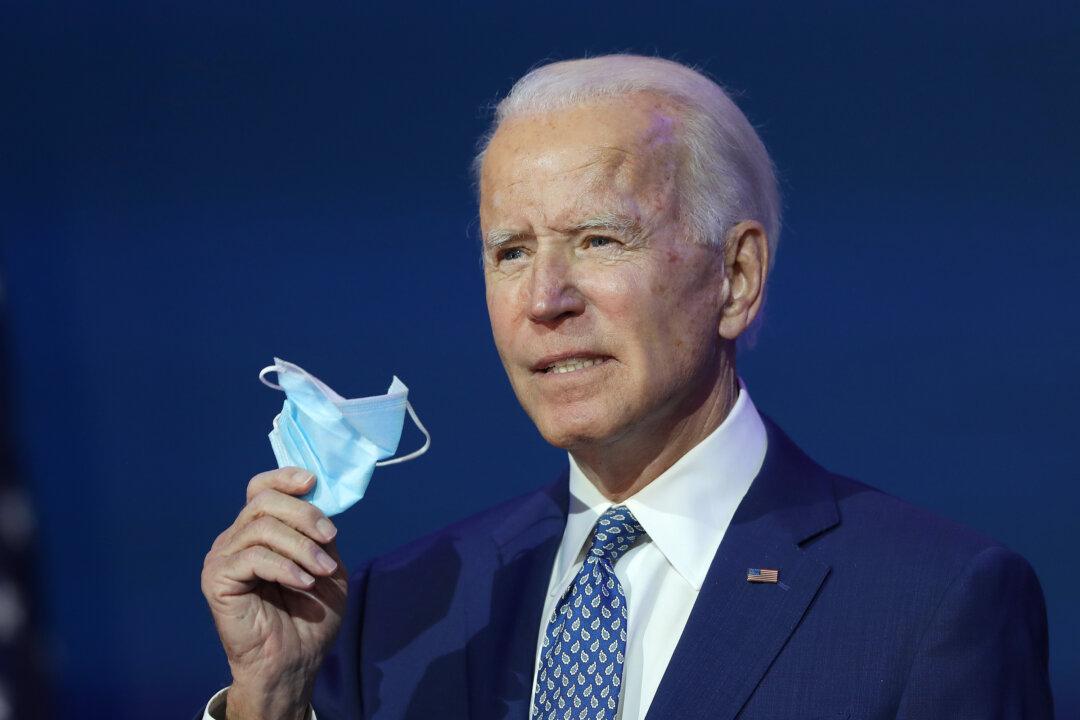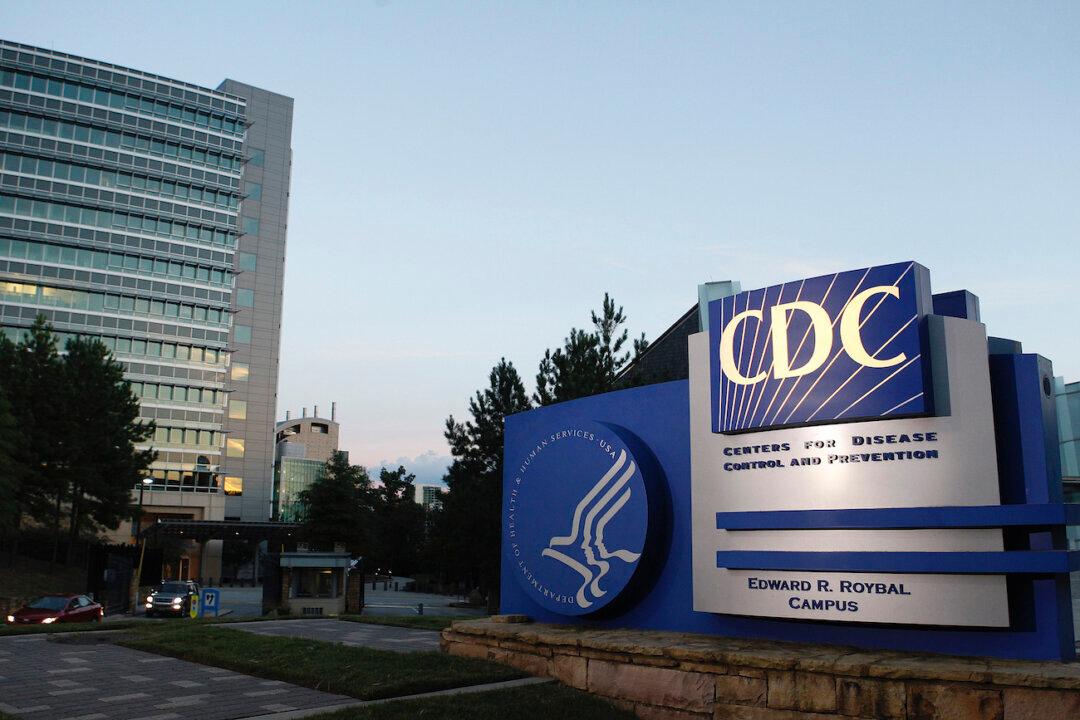A new study suggests that T cells, a type of white blood cell, may be sufficient to protect an individual against the CCP virus.
The data from the study, which has not been peer-reviewed, was conducted by Oxford Immunotec Global PLC, and Public Health England (PHE), indicated that people who have a higher number of T cells that react to the CCP (Chinese Communist Party) virus are associated with lower susceptibility to the CCP virus.





